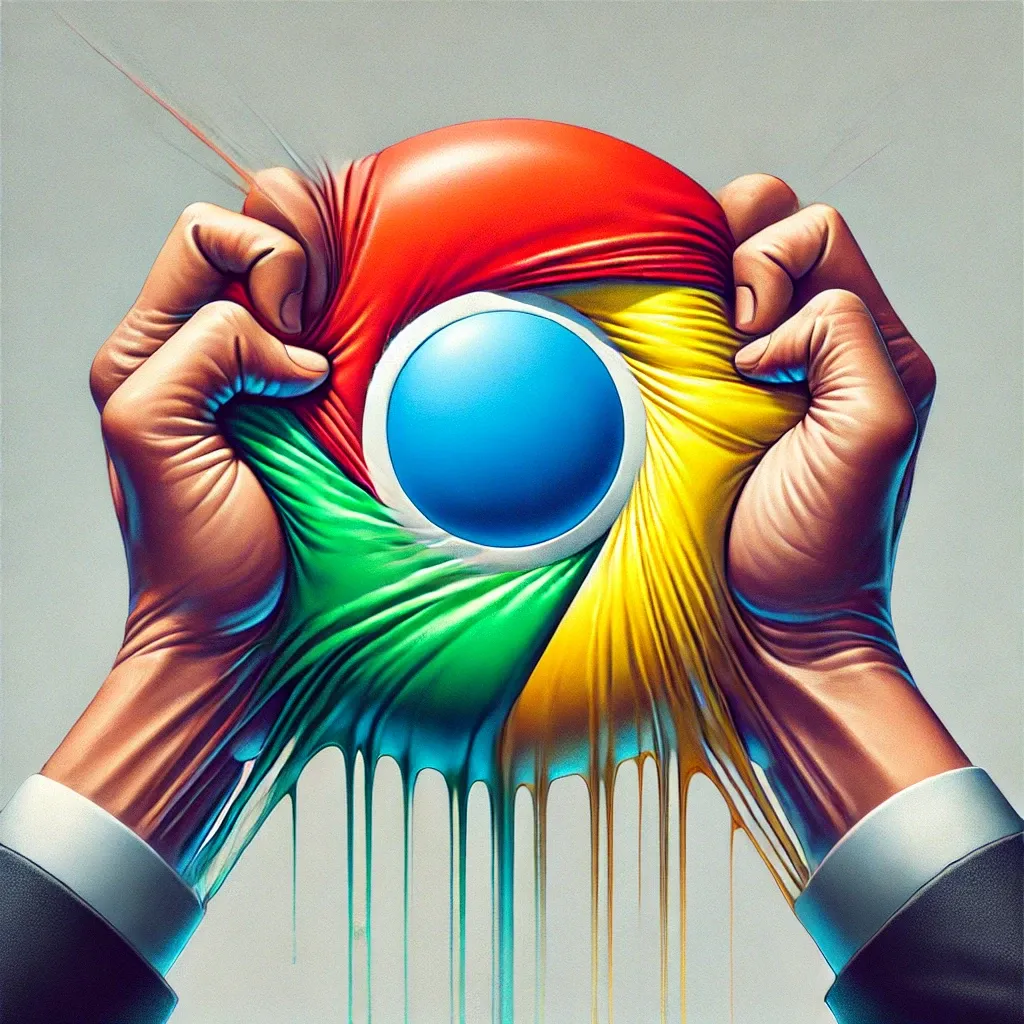Forget the Fate of Chrome, Focus on the Fate of the Browser

In this whole debate about the demand from the US Department of Justice that Google sells and/or spins-off Chrome it feels like we're talking right past a few obvious elements and realities.
The first is that a web browser remains the most-used and thus, most important piece of software for nearly everyone on the planet. This is especially true on desktops/laptops, but on mobile too as it remains the common denominator in our app environment. Through that lens alone, you can see why the DoJ thinks this is a good and powerful remedy. It's not clear they understand the broader ramifications of such an ask or even the feasibility of it, but still, you can sort of see what they're thinking. They wanted to take a big swing without demanding all of Google be broken up. This is a big swing.
The second is that unlike the default search placement and deal they're (rightfully, I think) worried about within browsers, using Chrome itself is actually a choice almost all users on desktops/laptops make. That's because beyond ChromeOS devices, most such devices are Windows or Mac machines. And these devices generally do not have Chrome installed out of the box.1 You have to boot up Microsoft Edge or Apple Safari and yes, search for Chrome in order to install it. This is sort of a pain. And sure, Google uses prompts on Google Search at times to try to ease such actions, but this is something many users explicitly do.
